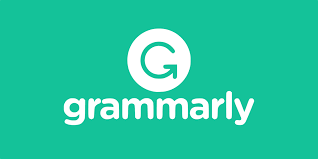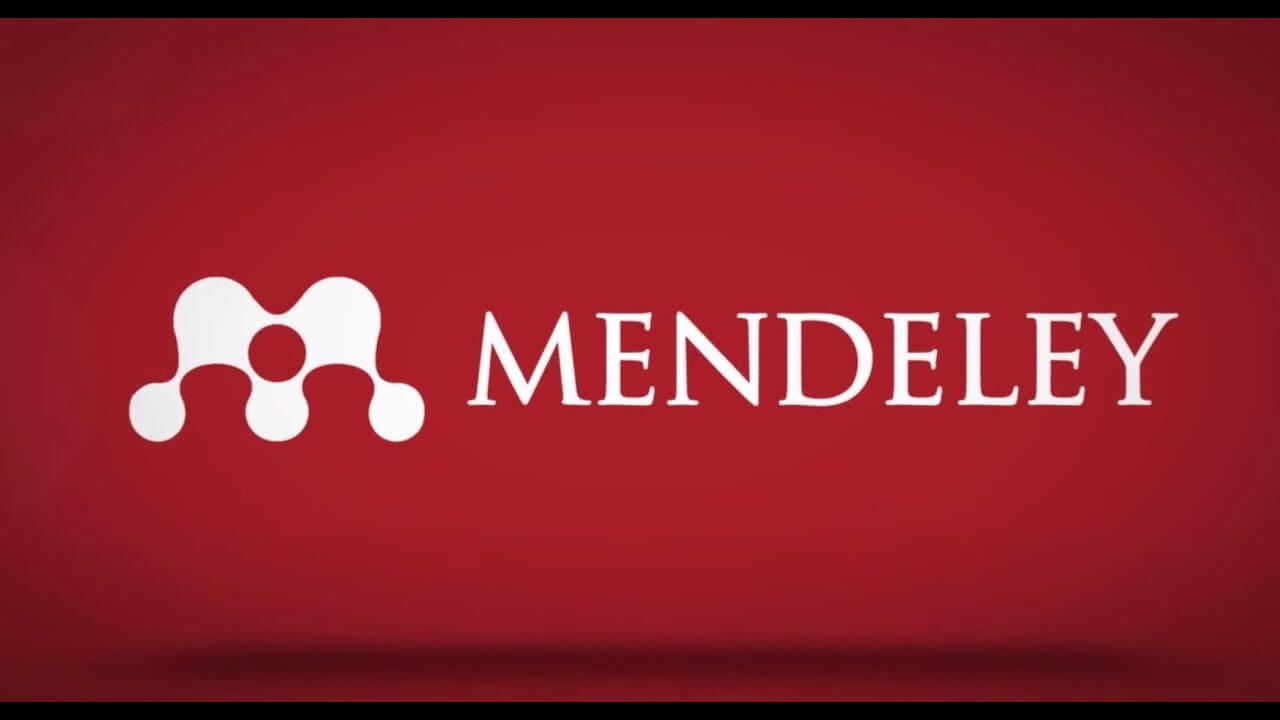Enhancing student creativity and scientific literacy through virtual lab learning
Abstract
The choice of teaching materials and methods used with students is ineffective, which prevents students from receiving meaningful learning experiences. In this learning process, student activity is crucial to ensure that students receive meaningful learning experiences, are able to think critically and creatively, and are especially literate in science regarding the concept of induction. This study uses a virtual lab on the idea of magnetic induction to encourage students' creativity in their scientific literacy learning. This sort of research employs a cooperative learning model in the experimental class and a traditional learning model in the control class in a quasi-experimental design. Data were gathered using the pretest approach for students' creativity in terms of scientific literacy and the posttest method for students' knowledge of science after four meetings, where there were 20 multiple-choice items and 10 isay questions. MANOVA analysis was used to analyze the data. SPSS Multivariate Because the dependent variable in this study is quantitative (numeric) and the independent variable is qualitative, Mancova is used (categorical). The significance value for the multivariate p-value table is therefore 0.000. Ho is automatically rejected since the significant figure at the 95% confidence level is 0.000 0.05. The SPSS output findings reveal a substantial difference between studying electromagnetic induction content with and without the use of a virtual lab. While practical activities give students first-hand experience, learning using virtual lab aids can enhance students' creative thinking and scientific literacy. The induction electric motion practicum helps students better understand the concepts of the physics course. Students learn how to be more active and search for information through practicum activities using the PHET clorado virtual lab (phet clorado). Through this activity, the electromagnetic induction practicum learned will be more focused, and it can improve students' creativity and scientific literacy
Copyright (c) 2023 Indra Dami Susanti, Ishafit

This work is licensed under a Creative Commons Attribution-NonCommercial 4.0 International License.










